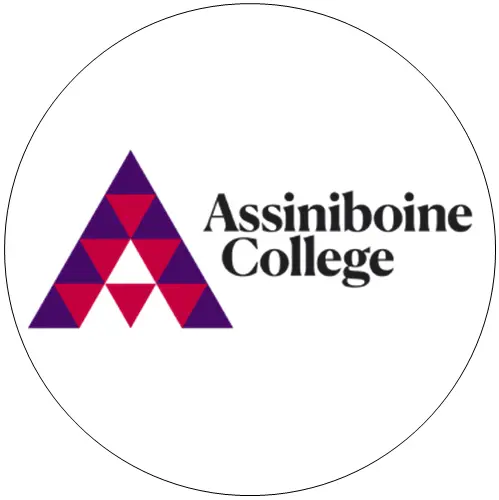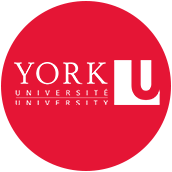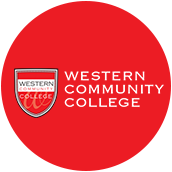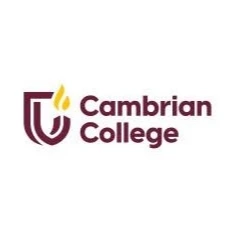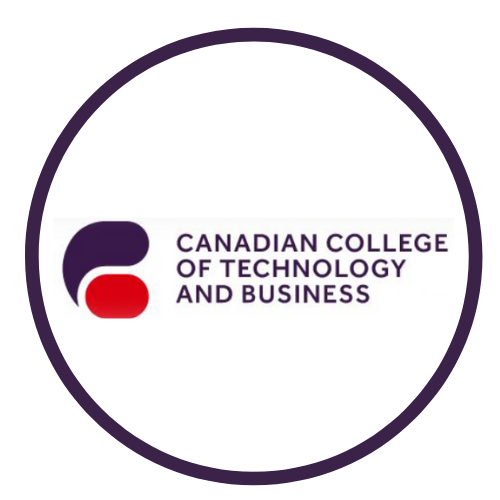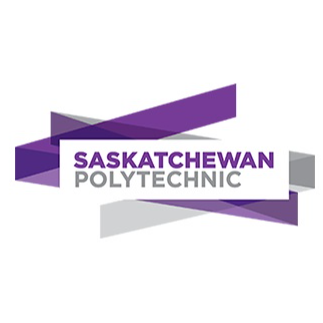A comprehensive guide to
 Study in Canada
Study in Canada
Learn everything about universities, costs, scholarships, admission process & more.
Canada facilitates academic, professional and personal development for students with a constantly upgraded education system in a multicultural environment.
300 +
Academic Institutions
11000 +
Programs
Why study in Canada?
A popular study abroad destination nurturing the dreams of millions of students.
Globally Acclaimed Institutes

Canadian universities and colleges are renowned for their advanced pedagogical methods & enhanced learning experiences.
Post Study Work Options

The country offers work opportunities to students for up to 3 years after graduation, helping them gain international work experience.
Affordable Tuition Fee and Living Cost

The average course fee and expenses one incurs for living in Canada are less compared to other study abroad destinations.
Ample Work Opportunities

The growth of industries in Canada creates a constant increase in the demand for skilled professionals from across borders.
Enriching Multicultural Environment

With a diverse population, Canada offers a rich and vibrant cultural environment, promoting inclusivity and respect in the community.
Excellent Quality of Life

Students studying in Canada enjoy a high quality of life with advanced healthcare facilities, multiple job options, safety and security.
Intakes to Study in Canada
Canadian education stands out with a unique advantage: three intakes, popularly known as semesters. Intakes in Canada allow international students to tailor their educational journey according to their preferences and circumstances.
| Intakes in Canada | Application Deadline | Start Date |
|---|---|---|
| Fall intake | December-March | September |
| Winter Intake | July-October | January |
| Spring Intake | December-February | May |
Learn more about Intakes in Canada
Study levels and disciplines
Types Of Courses in Canada

Undergraduate Programs
Certificates & Diplomas (1-2 years)
Associate Degrees (2 years)
Bachelor’s Degrees (3-4 years)
Bachelor’s Honors Degrees (4 years)

Postgraduate Programs
Graduate Diplomas (1-2 years)
Master’s Degrees (1-2 years)
Explore universities & colleges
Top Universities In Canada For Indian Students.
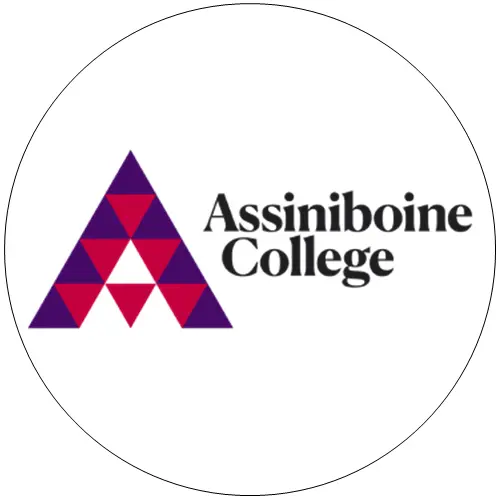
Assiniboine Community College - Winnipeg Campus
Manitoba, Canada • 1 Programmes
Tuition Fee : CAD 18000 - 18500 / year
.webp)
Conestoga College - Cambridge Campus
Ontario, Canada • 42 Programmes
Tuition Fee : CAD 14000 - 15500 / year
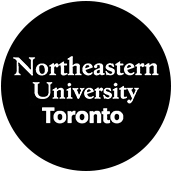
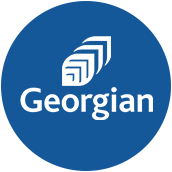
Georgian College - Owen Sound Campus
Ontario, Canada • 8 Programmes
Tuition Fee : CAD 14000 - 21500 / year
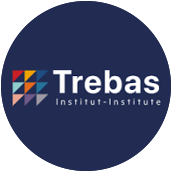
Trebas Institute - Montreal Campus
Quebec, Canada • 6 Programmes
Tuition Fee : CAD 14000 - 16000 / year
Enquire Now
Not sure what you are looking for? Fill in the details to get a call-back.
Cost of studying in Canada
Tuition fee and scholarships
The fees outlined below are per year tuition fee estimates for most academic institutes in Canada. They do not include additional fees for equipment, learning resources etc. as levied by some colleges & universities.
CAD 12,000 to 64,000
Undergraduate Degree
CAD 9,000 to 20,000
Undergraduate Diploma
CAD 10,000 to 53,000
Postgraduate Degree
CAD 10,000 to 24,000
Postgraduate Diploma
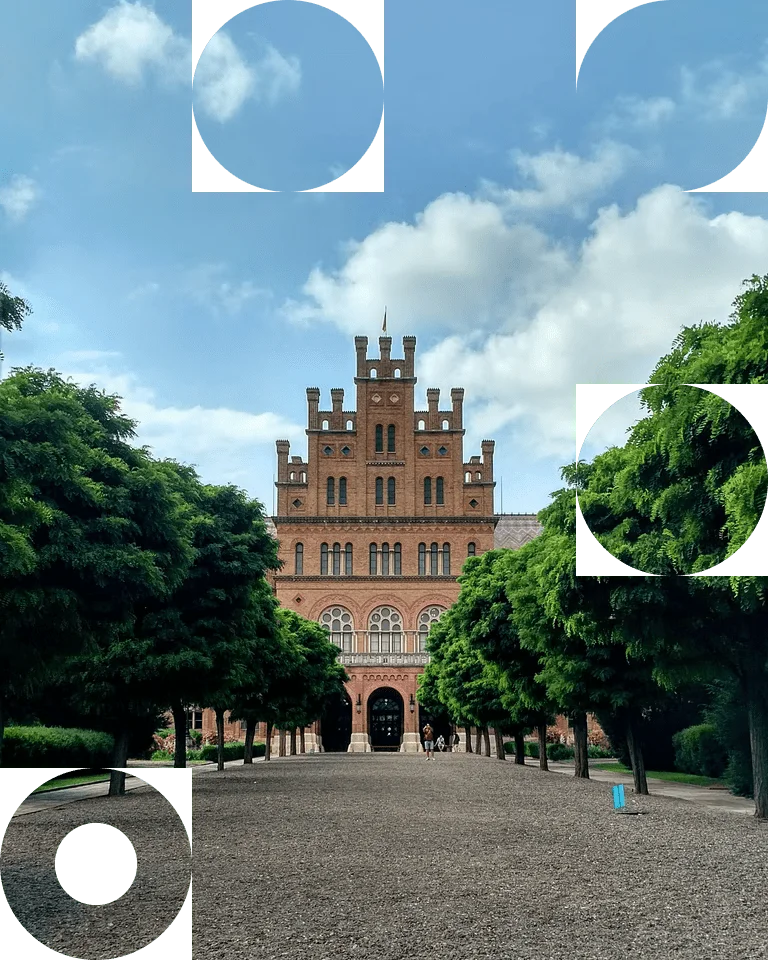
Scholarships
Universities and Colleges in Canada offer scholarships, grants, and bursaries to help international students bag the best of educational opportunities in Canada.
Student Visa for Canada
International students need a study permit to pursue higher education in Canada. A study visa allows the student entry into Canada, while a study permit validates their legal stay for studying.
If a student holds a study permit, they must remain enrolled in a Designated Learning Institute. To apply for a Canadian Student Visa, students must start the process 4 to 6 months before classes begin and after they have received an Admission Offer. The fee for applying for a Canadian Student Visa is CAD 150 with an additional biometric fee of 85 CAD. The visa processing time can vary from a few days to a few weeks.
Know more about the documents required to apply for a Canadian study visa
Cost of living in Canada
Living Expenses in Canada
Students planning to study in Canada must save money for their basic daily necessities and unexpected costs. Apart from education-related expenses, international students must also plan for expenses like accommodation, food, phone bills, internet, transport, health insurance and more. Based on these factors, it costs approximately between CAD 2,000 and CAD 2,500 for them to live in any city across the country. The table below offers an estimate of the monthly cost of living in Canada for International students.
| Expenses | Average Monthly Cost (Approx. CAD) | Average Monthly Cost (Approx. INR) |
|---|---|---|
| Accommodation (shared apartments) | 400 - 900 | 24,500 - 37,000 |
| Travel | 100 - 120 | 6,100 - 7,500 |
| Food | 300 - 400 | 18,000 - 24,500 |
| Entertainment | 150 - 200 | 9,000 - 12,300 |
| Health Insurance | 70 - 80 | 4,200 - 5,000 |
| Internet | 80 - 90 | 4,800 - 5,600 |
| Utilities (Electricity, cooling, water, heating, garbage) | 160- 165 | 9,800 - 10,200 |
Job Prospects in Canada
Canadian job market caters to students at various educational, graduate, and professional levels. Job opportunities in Canada for Indians include on-campus and off-campus jobs, co-op positions, and internships. They are eligible to work after graduation by applying for a Post-Graduation Work Permit and gain Canadian work experience. It serves as a pathway to Permanent Residency (PR) through the Express Entry system. Some of the high-demanding jobs in Canada for Indian students are: Financial Managers, Accountants, Software Developers, Nurses, Social Workers, Engineers, etc.
The table below sheds light on the different sectors and specific job roles for international students:
| Employment Sector | Job Role |
|---|---|
| Agriculture & Forestry | Forestry Technician, Agricultural Consultant, Livestock Specialist, Environmental Scientist, Agronomist, Forestry Engineer, Food Scientist |
| Arts & Culture | Gallery Assistant, Event Coordinator, Graphic Designer, Animator, Musician, Art Director, Curator, Film Producer |
| Engineering | Software Engineer, Data Scientist, Machine Learning Engineering, Web Developer, Mobile App Developer, Quality Assurance Engineer, Project Engineer, Sales Engineer |
| Education | Teaching Assistant, Tutor, Teacher, Curriculum Developer, Professor, Researcher |
| Finance & Accounting | Administrative Assistant, Bookkeeper, Accountant, Financial Analyst, Financial Advisor, Actuary, Investment Analyst |
| Government | Administrative Assistant, Data Entry Clerk, Policy Analyst, Program Coordinator, Government Relations Officer, Policy Advisor |
| Healthcare | Healthcare Assistant, Lab Technician, Registered Nurse, Physiotherapist, Occupational Therapist, Doctor, Pharmacist, Dentist |
| Hospitality & Tourism | Front Desk Agent, Waiter/Waitress, Hotel Manager, Event Planner, Tourism Manager, Hospitality Consultant |
| Human Resources | HR Assistant, HR Generalist, Recruiter, HR Manager, Compensation Analyst |
| Non-Profit | Volunteer Coordinator, Fundraising Assistant, Program Coordinator, Grant Writer, Executive Director, Development Officer |
| Retail & Sales | Sales Associate, Cashier, Retail Manager, Event Planner, Tourism Manager, Hospitality Consultant |
| Technology | IT Support, Technical Writing, Software Developer, Data Analyst, Network Engineer, Software Engineer, Data Scientist, Cybersecurity Analyst |
Study in Canada - FAQ
The average cost of studying in Canada depends on many factors but. can range from CAD 30,000 to CAD 40,000 in terms of tuition fees.
Popular English Language Proficiency Exams
Blogs and Articles
Study in Canada Blogs & Articles
Updated on • Jan 24,2025 10:50 AM IST • Study in Canada
Canada Student Visa Interview Questions
Updated on • Jan 23,2025 12:16 PM IST • Study in Canada
Updated on • Dec 05,2024 05:04 PM IST • Study in Canada
Best Cities to Study in Canada
Updated on • Nov 21,2024 05:23 PM IST • Study in Canada
Study intakes in Canada - Fall, Winter & Summer
Updated on • Oct 03,2024 12:51 PM IST • Study in Canada
New Rules & Regulations in Canada for International Students
Updated on • Aug 31,2024 03:19 PM IST • Study in Canada
Public Transportation in Canada for International students
Updated on • Aug 29,2024 05:08 PM IST • Study in Canada
Healthcare in Canada for international students
Updated on • Aug 27,2024 05:12 PM IST • Study in Canada
LLB in Canada for Indian Students After 12th
Updated on • Jun 28,2024 05:48 PM IST • Study in Canada
Benefits of 1+1 Programs in Canada
Updated on • Jul 12,2024 04:06 PM IST • Study in Canada
Increase your CRS Score with 1-year Master's in Canada
Updated on • Jun 11,2024 05:53 PM IST • Study in Canada
Hotel Management Courses in Canada: Top Universities & Available Scholarships
Updated on • May 31,2024 05:57 PM IST • Courses in Canada
Management Courses in Canada: Universities, Fees, Requirements, Scholarships & Jobs
Updated on • May 28,2024 01:39 PM IST • Study in Canada
Updated on • May 24,2024 04:49 PM IST • Study in Canada
Top Universities For Computer Science Courses in Canada
Updated on • May 28,2024 11:02 AM IST • Study in Canada
Increase Your PGWP Duration with 2 Years of Study in Canada
Updated on • May 22,2024 10:58 AM IST • Study in Canada
Canada Increases Off-Campus Working Hours for International Students
Updated on • May 22,2024 05:48 PM IST • Study in Canada
Student Education Loan to Study in Canada - Eligibility, Documents Required, How to Apply
Updated on • May 18,2024 03:27 PM IST • Education Loans
Teaching Courses in Canada for Indian Students
Updated on • May 17,2024 11:26 AM IST • Study in Canada
Universities in Canada for International Students
Updated on • May 14,2024 11:49 AM IST • Study in Canada
Not sure what you qualify for?
Take a quick eligibility check to find programs that match your profile.


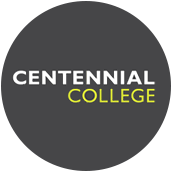
-modified-(1)-(1).webp)
